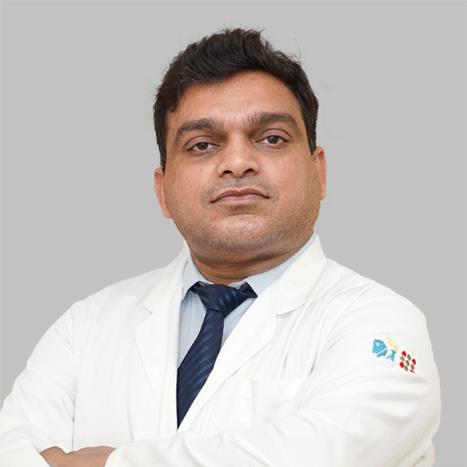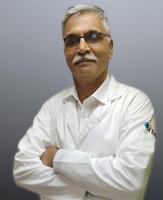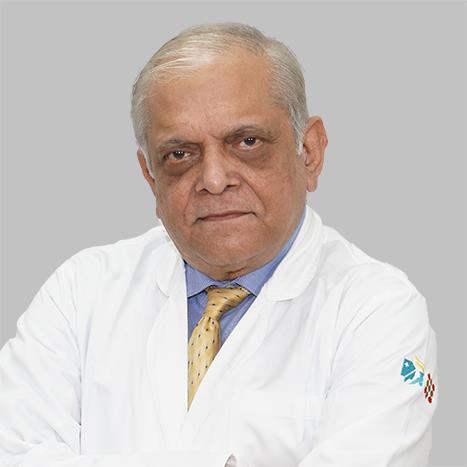Best Doctors for Vertigo in Lucknow
Vertigo is a complex condition that affects individuals’ balance and perception, often leading to a spinning sensation. While it’s not a standalone disease, it serves as a significant symptom of various underlying health issues. From benign paroxysmal positional vertigo (BPPV) to vestibular neuritis, the causes of vertigo are diverse. This condition can be broadly categorised into two types namely peripheral vertigo, which originates from inner ear problems, and central vertigo, associated with brain-related issues like stroke or tumours.
In Lucknow, a city known for its rich history and urban development, vertigo is quite common among residents. Factors contributing to vertigo include lifestyle habits, diet, and genetic predisposition. At renowned healthcare institutions like Apollo Hospitals Lucknow, patients can benefit from a multidisciplinary approach led by experts such as the best vertigo doctors and vertigo specialists who are dedicated to providing optimal care for vertigo management.









 Call Now
Call Now





